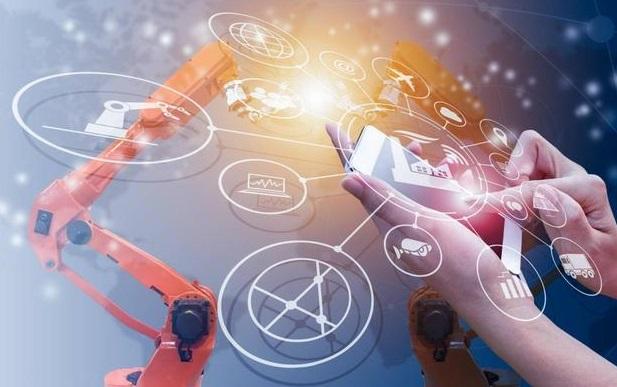What Are the Trends in Sensors?

For the acquisition of external information, human beings rely on a variety of sense organs, such as eyes, ears, nose, limbs, etc., but what do cold, hard machines rely on? In fact, it relies on sensors. Sensors are the sensory organs of the machine, which can connect the physical world and the digital world, through the collection of information on the surrounding environment, to achieve machine automation, so that the robot "come to life".
In recent years, sensors have become an indispensable presence in industrial development against the backdrop of the rapid evolution of automation and informationisation. With the continuous development of artificial intelligence, Internet of Things, 5G and other cutting-edge technologies, the size of the sensor market continues to expand.
Among them, the development of the Internet of Things (IoT) plays a crucial role in the growth of sensors. The information and data collected by sensors need to be applied in the Internet of Things, and thus the Internet of Things is a prerequisite for the development and growth of sensors.
Of course, in addition to this, the rapid landing of robots, drones, self-driving cars, and the in-depth construction of smart cities also bring a broad space for the development of the sensor industry. In the future, sensors may also capture more data that we previously could not see, forming new business models, giving rise to new markets and ushering in new development. In this process, it is critical to grasp the development trend.
So what are the future trends for IoT sensors?
One of them is intelligent. At present, under the impetus of artificial intelligence, intelligent medical care, intelligent transportation, smart home, intelligent security and other concepts have to the ground, robots, drones and other products are also more and more intelligent, intelligent boom has been set off in various fields. In this context, as an important part of modern life and production system, the intelligence of the sensor will also be the trend.
The intelligence of sensors is mainly manifested in the upgrading and enhancement of the ability of autonomous perception and autonomous decision-making, as well as the formation of smooth interactivity with people. Intelligent sensors can be integrated with artificial intelligence industry, providing solid support for the intelligence of major industries and various products.
The second is networking. Sensors are closely linked to data and information, and the collection and transmission of data and information is the main mission of the sensor. Nowadays, as we enter the information age, the circulation of data to further expand, whether it is the development of the digital economy or the popularity of the Internet, or the application of information technology, all put forward urgent needs for sensors, so that sensors must be upgraded in the network.
The third is integration. In the past, the sensor basically only has a single function, but with the market for sensors for the increasing demand for diversification, the trend of integration is also more and more prominent. Integrated sensors can simultaneously sense different environmental information, access and transmission of a variety of data, can show a higher role and value. In addition, integrated sensors have no cost pressure.
However, in the process of highly integrated sensors, their size and volume are also worth noting. How to integrate a variety of functions and technologies at the same time, to ensure that the sensor is not too large, and even be able to further miniaturize, this is undoubtedly a problem that we need to think about. In the future, in line with the development needs and trends of sensors, to overcome various challenges and problems, I believe that the development of the industry will also achieve good results.
- Art
- Causes
- Crafts
- Dance
- Drinks
- Film
- Fitness
- Food
- Spellen
- Gardening
- Health
- Home
- Literature
- Music
- Networking
- Other
- Party
- Religion
- Shopping
- Sports
- Theater
- Wellness
- IT, Cloud, Software and Technology


